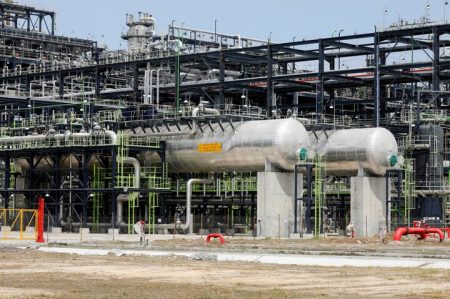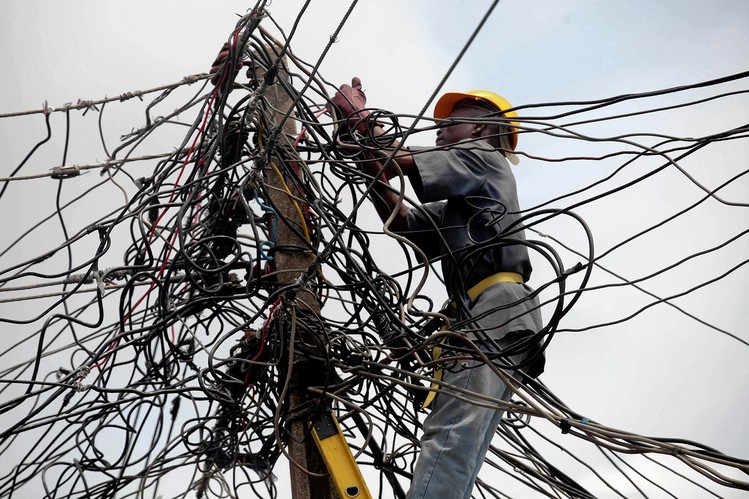 03 February 2013, Abuja – The European Union (EU) and the UNICEF have signed a five year contribution agreement worth 20.6 million euro to boost rural water and sanitation project in the Niger Delta Region.
03 February 2013, Abuja – The European Union (EU) and the UNICEF have signed a five year contribution agreement worth 20.6 million euro to boost rural water and sanitation project in the Niger Delta Region.
Mr Bishnu Timilsina, UNICEF Water Sanitation and Hygiene Specialist (WASH), made this known in an interview with the News Agency of Nigeria (NAN) in Uyo, at the sideline of a two-day workshop on rural water supply and sanitation component of the Niger Delta Support Programme (NDSP).
“Representatives from Akwa Ibom, Bayelsa, Delta, Edo, Rivers and other stakeholders such as the EU delegation, UNICEF, the Federal Ministry of Water Resources, National Planning Commission and the Niger Delta Ministry, were at the project start-up workshop.
Timilsina explained that the aim of the workshop was to brief the state governments on the objectives, results and implementation modalities under the rural components of the NDSP.
He said the project was expected to contribute to conflict mitigation in the region by improving access to basic social services.
“This project will support the state governments and the rural water sanitation institutions in five Niger Delta states to develop and implement needed reforms in the sector.
“It will also deliver sustainable water supply, sanitation and hygiene services within communities and schools.
Timilsina said that roles and responsibilities of partners under the programme were being worked out as well as the cost-sharing arrangements and coordination mechanism.
He said that the pilot programme for the Rural Water Supply and Sanitation Component of the NDSP would be implemented in two local government areas in each of the participating states.
He also said that the benefiting states, LGAs and the communities would make their contributions in form of counterpart funding to the programme.
He said modalities were being worked out to ensure that the counterpart contributions would be deposited in the States Project Accounts before the procurement tender would be launched
Timilsina said that programme would provide employment opportunities and access to socio- economic services, public financial reforms, water and sanitation and the extension of micro- projects.
*NAN



